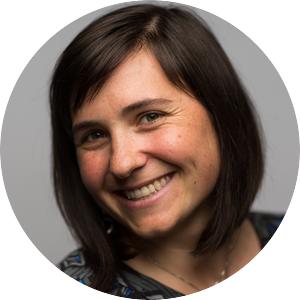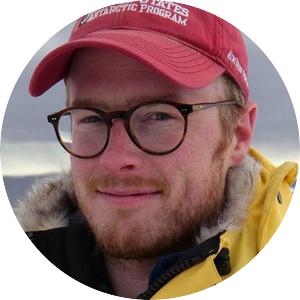
The Center for OLDest Ice EXploration (COLDEX) is a five-year funded National Science Foundation Science and Technology Center (STC) formed in 2021. As a multi-institution collaboration, the Center includes a range of university and organizational participants from Oregon State University, the American Meteorological Society, to Princeton, and the University of Minnesota.
The COLDEX project has several critical science objectives:
- Advance analytical and technology techniques to locate and recover the oldest ice on Earth. Located in Antarctica, the COLDEX team seeks to identify a site where we can recover a continuous record of Earth's climate history spanning back around 1.5 million years before present.
- Expand the diversity, accessibility, and inclusion of polar science to reduce systemic barriers to knowledge access and production.
In addition to basic research, COLDEX has programs dedicated to Education, Diversity, Equity and Inclusion, and Knowledge Transfer. The MCAP team leverages its communication expertise and skill set to lead the COLDEX's Knowledge Transfer activities.
Project Summary
Led by COLDEX Director of Knowledge Transfer Dr. Heidi Roop, the Knowledge Transfer team aims to understand and guide how COLDEX knowledge is shared within, across, and outside COLDEX. Our Knowledge Transfer team, including graduate students Cate Bruns and Demie Huffman, takes an evidence-based, theory-driven approach to knowledge transfer, using network theory, team science, and science communication to conduct, evaluate and improve the Center's knowledge exchange and transfer efforts.
Project Highlights
Current project highlights include:
- Social network analysis to assess how internal COLDEX participants interact and exchange information throughout the Center's evolution and expansion in an effort to understand and enhance effective team science;
- Social network analysis to assess and improve COLDEX external communication and knowledge exchange efforts;
- Media analysis of Antarctic news coverage to support the facilitation of a training between journalists and Antarctic scientists in Antarctic science, impacts and effective climate change storytelling;
- Development and continued evaluation of a strategic communications plan that informs the creation of targeted messaging campaigns to researchers, policymakers, and media outlets;
- Semi-structured investigative interviews with decision-makers from different U.S. coastal counties to understand how decision-makers find and access critical climate information and the role that Antarctic media coverage plays in influencing decision-maker trust in this scientific information;
- Leading trainings and workshops for early career researchers to further develop inclusive and intercultural science communication competency;
- Analysis of the opportunities and impacts of having high-speed internet at an Antarctic field camp for the first time.
Our team's Knowledge Transfer goals seek to work across academic boundaries to increase the use and recognition of diverse forms of knowledge and expertise that are necessary to support innovative research, impactful communication and engagement, and to help further accelerate climate action at different scales - from individual researchers to decision makers.
Project Team

Heidi Roop
MCAP Director

Peter Neff
Assistant Research Professor University of Minnesota

Catherine Bruns
Ph.D. Candidate
